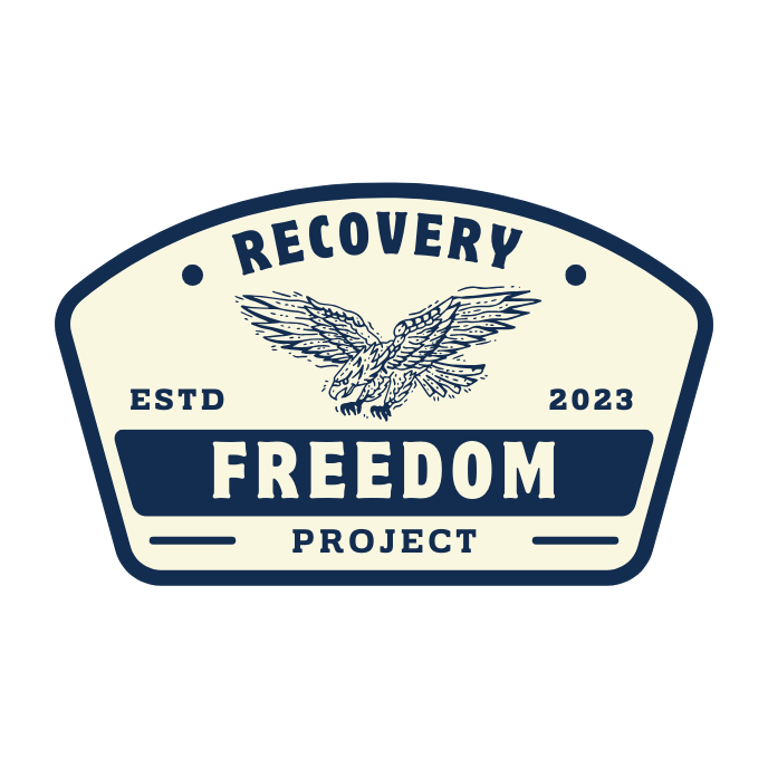90 Alcohol Recovery Meetings in 90 Days: Building a Solid Foundation for Lasting Recovery
RECOVERY
5/31/20255 min read


Understanding the Importance of 90 Meetings in 90 Days
Attending 90 meetings in 90 days is a widely recognized approach for individuals seeking recovery from alcohol addiction. This strategy plays a pivotal role in establishing a solid foundation for sobriety. The consistency of attending meetings not only creates a structured support system but also reinforces a commitment to staying sober. Engaging in regular meetings allows individuals to connect with others who share similar challenges and experiences, fostering a sense of belonging often crucial for recovery.
One of the most significant advantages of participating in these meetings is the level of accountability it instills. By actively engaging with a supportive community, individuals can openly discuss their progress, setbacks, and challenges. The accountability that arises from regularly attending meetings encourages individuals to remain focused on their recovery goals and continue to develop healthier coping strategies. This structure can be particularly beneficial during the early transition from addiction to sobriety, where temptations and cravings are often at their peak.
The psychological and emotional benefits of this particular recovery approach are also profound. Participation in meetings helps alleviate feelings of isolation, which can be a common struggle for those in recovery. By sharing their stories and hearing from others, individuals can validate their experiences and realize they are not alone in their battle against alcohol addiction. The camaraderie built within these meetings fosters deep connections, providing a robust support network that can be relied upon in times of need.
Moreover, by committing to attend 90 meetings in 90 days, individuals are creating a routine that reinforces their decision to prioritize their recovery. This dedication can significantly contribute to cultivating a positive mindset that encourages long-term sobriety. Ultimately, the experience gained from these meetings equips individuals with the tools necessary for managing their addiction and promotes a balanced, sober lifestyle.
The Role of Community in Alcohol Recovery
Community support plays a critical role in the journey toward alcohol recovery, particularly during the early stages when individuals are most vulnerable. Engaging with a community of peers who share similar experiences can foster a sense of belonging, which is essential for emotional and psychological well-being. Alcohol recovery meetings provide a structured environment where participants can openly discuss their challenges and victories, further promoting healing through shared understanding.
Individuals in recovery often report that attending group meetings helps to diminish feelings of isolation and loneliness. When attendees interact with others who have faced similar struggles, they experience a powerful connection that can motivate them to remain committed to their recovery plans. This shared experience creates an atmosphere of empathy and encouragement, reducing the stigma that often surrounds addiction. Many find solace in the knowledge that they are not alone in their journey, enhancing their resilience against potential relapse.
Moreover, participating in community recovery meetings can significantly contribute to personal growth and accountability. These gatherings typically promote open dialogue, where members can share coping strategies and offer support to one another. As individuals witness the transformation and success of their peers, they may feel inspired to pursue their own recovery goals more aggressively. This positive reinforcement is crucial for sustaining motivation and hope throughout the recovery process.
Insights from those who have successfully navigated the recovery journey often emphasize the profound impact of community involvement. Many express that the bonds formed in these meetings have played a pivotal role in their sustained sobriety. The collective wisdom shared among attendees empowers individuals to confront challenges head-on, while the celebration of milestones within the group fosters a sense of accomplishment and shared joy.
Developing Healthy Coping Mechanisms Through Meetings
Attending regular recovery meetings is a fundamental step in the journey toward sobriety, offering individuals the opportunity to develop healthy coping mechanisms that are vital for overcoming addiction. These gatherings serve as a supportive environment where attendees can share their experiences, challenges, and triumphs, fostering a sense of community and understanding. One of the primary benefits of participating in these meetings is the exposure to various strategies and techniques that can be employed to confront triggers and cravings that may arise in everyday life.
In recovery meetings, participants learn about the significance of mindfulness and self-awareness. Techniques such as deep breathing exercises, meditation, and visualization can be effective in managing stress and anxiety, enabling individuals to respond to difficult situations with a composed mindset. Many meetings encourage the use of journaling as a tool for self-reflection, allowing individuals to document their feelings and experiences, which can provide insights into their coping processes. This practice not only assists in tracking progress but also reinforces a sense of accountability, which is crucial for sustaining sobriety.
Additionally, group discussions often revolve around the sharing of personal coping strategies, which enriches the collective knowledge within the group. Participants can gain exposure to diverse perspectives on handling cravings, such as distraction techniques, engaging in physical activities, or seeking support from sponsors and peers. By incorporating these strategies into their daily routines, individuals can build a robust toolkit for managing the ups and downs of recovery.
Ultimately, developing healthy coping mechanisms through regular meetings is instrumental in achieving long-term sobriety and enhancing mental well-being. By learning to navigate emotional turbulence and stress, individuals can foster resilience, making it easier to combat the challenges they may encounter on their recovery journey.
Sustaining Recovery Beyond the 90 Days
Completing 90 alcohol recovery meetings in 90 days can serve as a pivotal moment in an individual's journey towards sobriety. However, the end of this intensive period does not signify the end of recovery efforts; rather, it marks the beginning of a lifelong commitment to maintaining sobriety. To sustain the momentum gained during these meetings, individuals should adopt various strategies that intertwine recovery practices into their daily lives.
Firstly, continued engagement in support groups is crucial. Participation in these meetings should be viewed as an ongoing resource rather than a finite experience. Many individuals benefit from transitioning to regular meetings post-challenge, where they can reinforce their commitment to sobriety and form bonds with others who have shared similar experiences. Connecting with a sober community not only provides accountability but also emotional support essential during challenging times.
Moreover, developing a personal recovery plan is an effective method for maintaining progress. This plan might include setting specific goals, identifying triggers, and establishing coping strategies. By personalizing their approach to recovery, individuals can better navigate the complexities of daily life while remaining focused on their sobriety objectives. This proactive framework empowers those in recovery to anticipate challenges and to respond effectively.
Ongoing education about addiction can contribute significantly to sustained recovery. Keeping abreast of the latest research and insights into addiction can enhance one’s understanding, thereby reducing the risk of relapse. This could involve attending workshops, reading literature on addiction, or participating in online courses that focus on personal development and resilience in recovery.
Ultimately, the journey of recovery is lifelong and constantly evolving. The foundational elements established during the initial 90 meetings are indeed pivotal for achieving lasting success in overcoming alcohol use. By maintaining connections with support circles, employing a tailored recovery plan, and pursuing knowledge, individuals fortify their commitment to sobriety and enhance their chances of long-term recovery.
Resources
Find comprehensive resources for recovery support here.
Contact
Support
© 2025. All rights reserved. The Freedom Project 501c3
